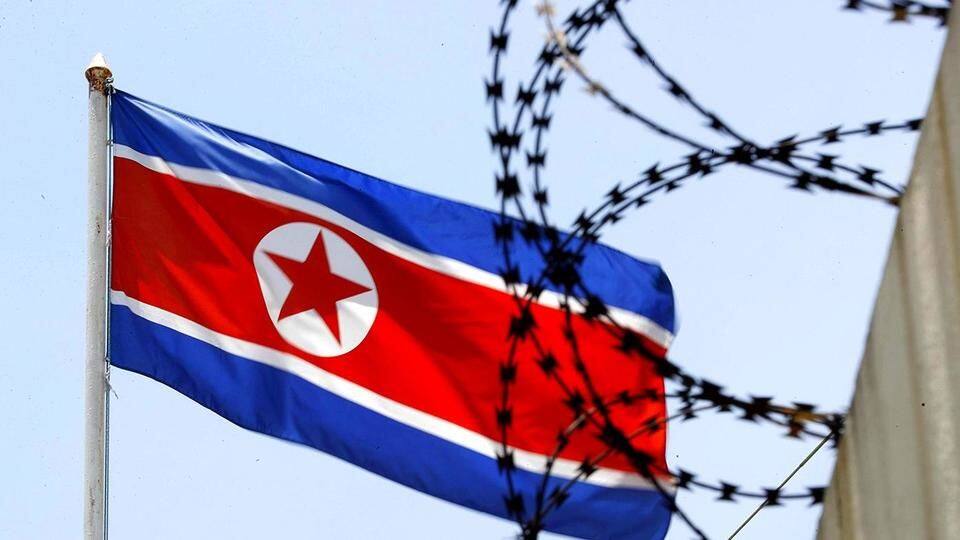
UN Report: North Korea earned $200mn from banned exports, arms-sale
What's the story
As per recent UN report, North Korea has earned nearly $200mn in 2017 by exporting banned commodities. It has also allegedly supplied weapons to Syria and Myanmar. The report has been submitted to the UNSC sanctions committee. It says, "North Korea is flouting recent resolutions by exploiting global oil supply chains, complicit foreign nationals, offshore company registries and the international banking system." Here's more.
Sanctions
What are the sanctions against North Korea?
The 15-member UNSC has passed nine rounds of "unanimous" sanctions against North Korea since its first nuclear test in 2006. To obstruct funding to Pyongyang's nuclear and ballistic missiles program, the international community has enforced restrictive economic measures. These range from banning coal, iron, lead, textiles and seafood to capping crude-oil and refined petroleum products' imports. However, humanitarian assistance is allowed to flow unhindered.
Report
Now, what does the report suggest?
The report suggests that North Korea had shipped coal to ports in Russia, China, South Korea, Malaysia and Vietnam using false paperwork. Papers showed Russia and China as the origin countries, instead of North Korea. Further, the 23 coal shipments were delivered using "a combination of multiple evasion techniques, routes and deceptive tactics." The report said "if confirmed, it would constitute the resolution's violation."
Syria/Myanmar
Have Syria and Myanmar been cooperating with North Korea?
It confirmed that Myanmar and Syria were cooperating with North Korea's main arms-exporter Komid. The report said North Korea was helping Syria develop chemical weapons and was providing ballistic missiles to Myanmar. What's more, during 2012-17, there were about 40 North Korean shipments to companies that oversee Syria's chemical-weapons programme. While Syria claimed North-Korean experts were involved in sport, Myanmar denied any connection.
Banned Import
Separately, North Korea continues to import petroleum products, despite sanctions
The UN monitors also investigated ship-to-ship transfers of petroleum products, violating UN sanctions. They found that the "network behind these vessels is primarily based in Taiwan province of China." The transfers were conducted off its Wonsan and Nampo ports and in international waters between Yellow Sea and East China Sea. Several multi-national oil companies were also being investigated for their role in these transfers.
Do you know?
So, are Russia and China colluding with North Korea?
China and Russia have consistently denied flouting sanctions. China, which accounts for 90% of North Korea's trade, however, claimed that normal trade exchanges like Chinese food, fruit and household products continued. Now, it remains to be seen how the international community reacts to this report.